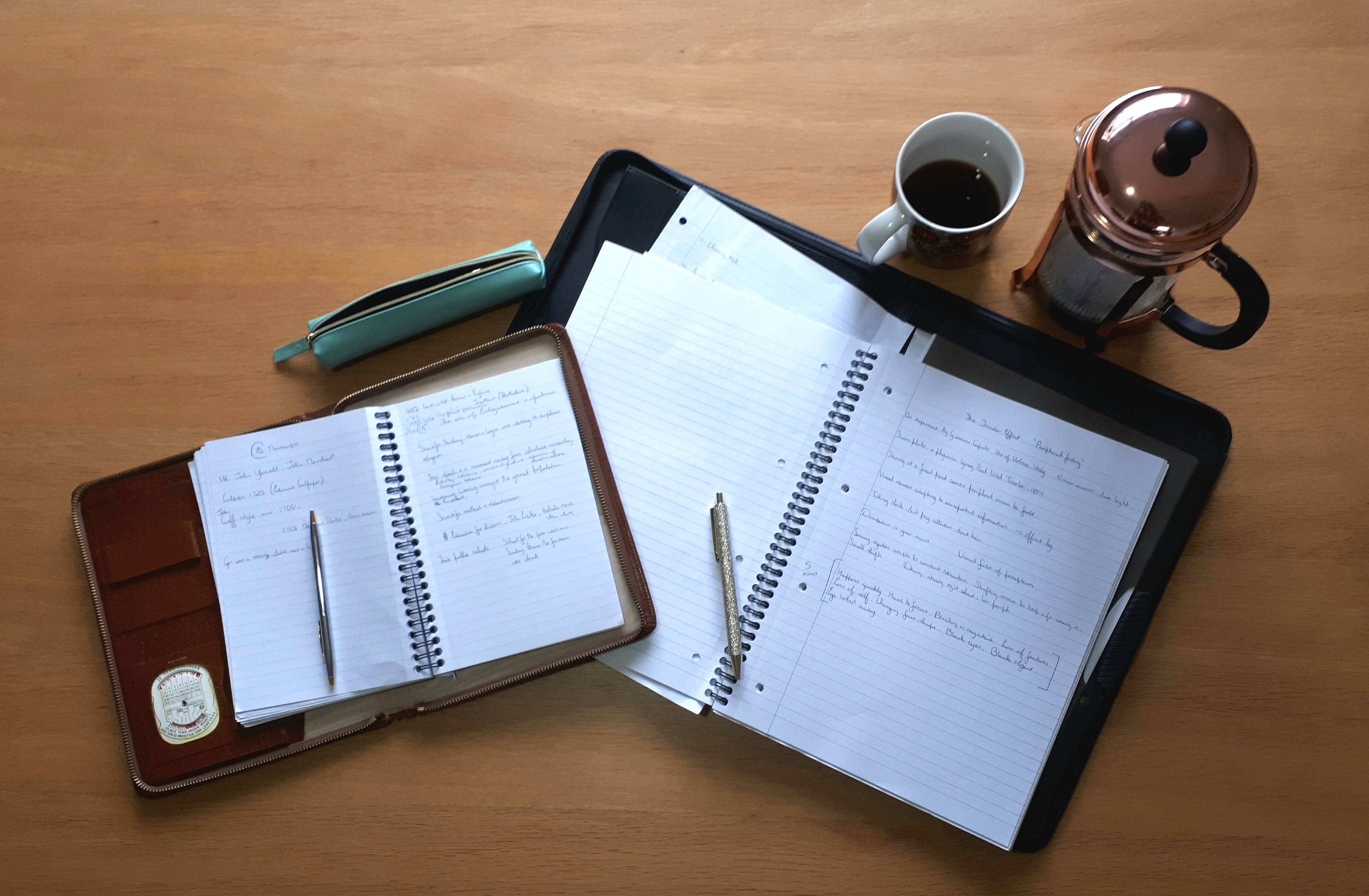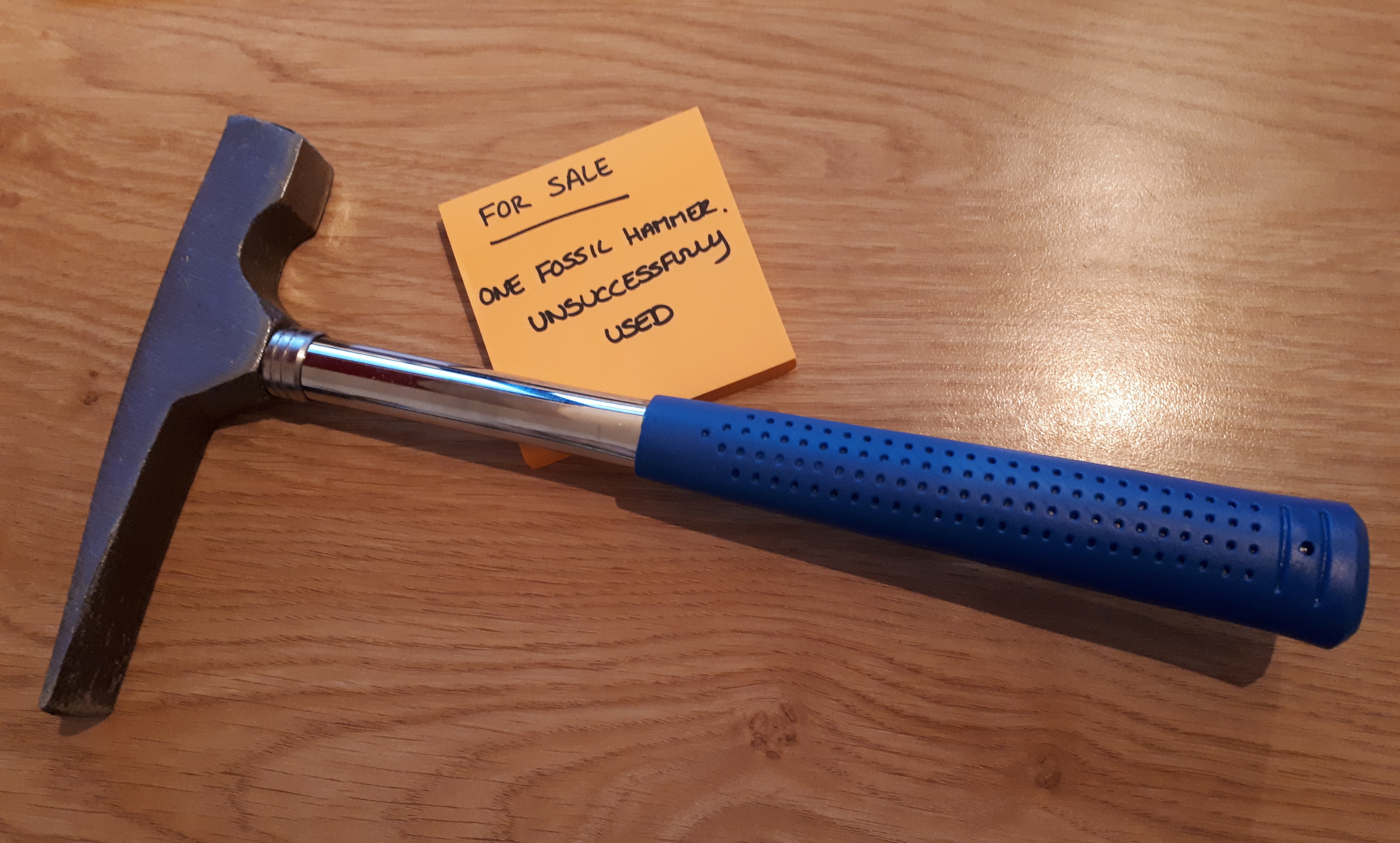It’s been two years since I sold my first article and officially became a science writer. To me, you’re not ‘the thing’ until you’ve been paid to be ‘the thing’ – and with the cashing of that first little paycheck, I could now declare myself a professional. Since then, I’ve been regularly writing and getting published. I’ve signed my first book deal, quit my real job, and moved to Scotland.
Now before you start writing your letter of resignation, note that I don’t have kids or a mortgage, so I’m relatively free to do all the silly things I want.
It’s only been seven months since I became a full-time freelance science writer – so what have I learned?
Becoming a writer
I’m a biologist and microscope jockey by trade. The original life plan was to be a lecturer as, more than anything else, I just like talking about science. Like Clark Kent changing into Superman, I can enter the phone box and in the blink of an eye, emerge with a PowerPoint presentation on the science topic of your choice. Science writing started as an outlet for my urge to lecture. The great thing about science writing is that you are learning something new every day. There is always the next article, the next topic, the next thing to figure out. It’s fast moving, and you have to be decisive.
What have I learned? Stop dwelling on it. Read about it, write about it, fact-check it, spell-check it, format, and go!
Get over yourself
The hardest part of becoming a writer is getting over your worries and insecurities. “But what if the article is terrible and no one likes it?”. Get over it. “What if I make a mistake and look like an eejit?!”. Get over it. “What if I try to make a career of it and fail. Everyone will know!!”. Get over it. “What if I write something paradigm shifting and I’m suddenly launched into the limelight and become scrutinised for everything I do!?”. Unlikely, so get over it.
Putting your work – and by extension, putting yourself – out there, is the single biggest obstacle to becoming a writer. I’ve been writing for about a decade, but it was only in the last two years that I actually found it in myself to show anyone else my work. I was pleasantly surprised to find that people actually liked my writing and here I am today.
What have I learned? Be brave!
Money
Do you like being poor? Cause you’re gonna’ be poor. As Jennifer Lopez sang “don’t be fooled by the rocks that I got” – the designer sunglasses and posh tweed coat were bought back when I had a real job.
Anyone who has ever started to work for themselves will know the struggle of not knowing when you’ll get money coming in next. As a science writer it is hard to make any predictions about how much work you’re going to have, and the previous month is no indicator of what the next month will bring. I have a couple of sources that I write for regularly, but even then, the work can be sporadic. A good friend told me that anyone they know who works in media has a second job. Mine is that I teach English.
What have I learned? You can adapt quite quickly to your new finances and I’ve gained a new appreciation for the money that I do have. I won’t lie, I miss my “accidental” shopping sprees. Honestly though, I have the things that I need and a few of the things I want, and I genuinely feel happier for that.
Support
At risk of sounding like I’m accepting an Oscar, I couldn’t have done any of this without the support of my family and friends. Emotional support is the easy side of it. It’s the practical support that makes all the difference. It’s your friends proof-reading your work and throwing around ideas with you. It’s your mum nudging the keyboard away with a plate of dinner. It’s your other half hugging you as you cry over the fact that you quit your real job to become a writer and “what was I thinking?!”. To have people in your life who love you enough to be brutal with you will make all the difference.
What have I learned? Be grateful for the people who feed you – your body, mind, and soul.
Work/life balance
Monday is my unofficial day off. Before you start to hate me however, Monday is my day off because I will have spent all weekend working. Secondly, I only get to take a day off if the previous week or two went well. So even though I can technically take a day off whenever I want, it doesn’t always happen. If work is sparse then there are no days off. Likewise, there is no clocking out time. My other half also works for himself, so it is not unusual for the two of us to be sitting at our laptops working at eleven or twelve o’clock at night.
It’s not all doom and gloom though. Having a flexible work life makes it possible to do things like attend lunchtime talks in the museum, be available for family and friends when they need a coffee, and I can pop home to Dublin whenever I fancy because I can just pack up my work and take it with me.
What have I learned? Work becomes your life, but that’s ok because you’ll love it.
Happy writing!



